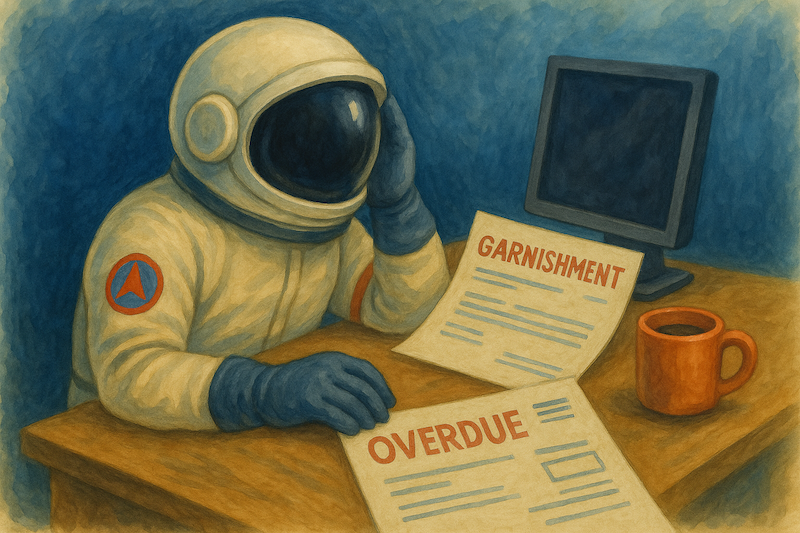Payroll
Biweekly vs. Semi-monthly Pay: What’s the best fit for hourly teams?payroll processing, payroll system
Compliance
A Guide to State and Local Pay Transparency Laws [2025]human resources, labor compliance, pay transparency
Payroll
How to Do Payroll Yourself: Steps to Take and Risks to Considerhuman resources, payroll processing
HR Administration
A Guide to Accurate and Comprehensive Payroll Reportspayroll reports, payroll system, time and attendance management

Technology
Workforce.com Recognized with Accolades from Capterra, Software Advice and GetApp in 2025We’re proud to share that Workforce.com has been honored with multiple recognitions fro...

Compliance
What New Jersey’s Pay Transparency Law Means for PayrollNew Jersey joins a growing list of states that have implemented pay transparency laws, ...

Compliance
Paycheck Pain: What Employers Need to Know About Student Loan GarnishmentThe Trump administration is resuming wage garnishment for defaulted student loans start...

Payroll
Simplifying Payroll for New Hires (and How Workforce.com Makes it Easy)Summary Many things can make or break a new hire’s experience, and one of them is how t...

Compliance
California Minimum Wage by City and County: What Employers Need to KnowSummary Effective January 1, 2025, the minimum wage in California is at $16.50 per hour...

Compliance
Overtime Pay Laws | States + Federal (2025 Update)Summary If you are in charge of hourly employees, it’s likely that there will be days,...

Payroll
Why Payroll Deductions are Harder Than They Look (Especially for Hourly Teams)Summary Payroll deduction may seem like a basic, straightforward task: calculate gross ...

Payroll
5 Tips to Simplify Overtime CalculationsSummary Overtime pay calculations can feel like a full-time job, even if it’s just one ...
